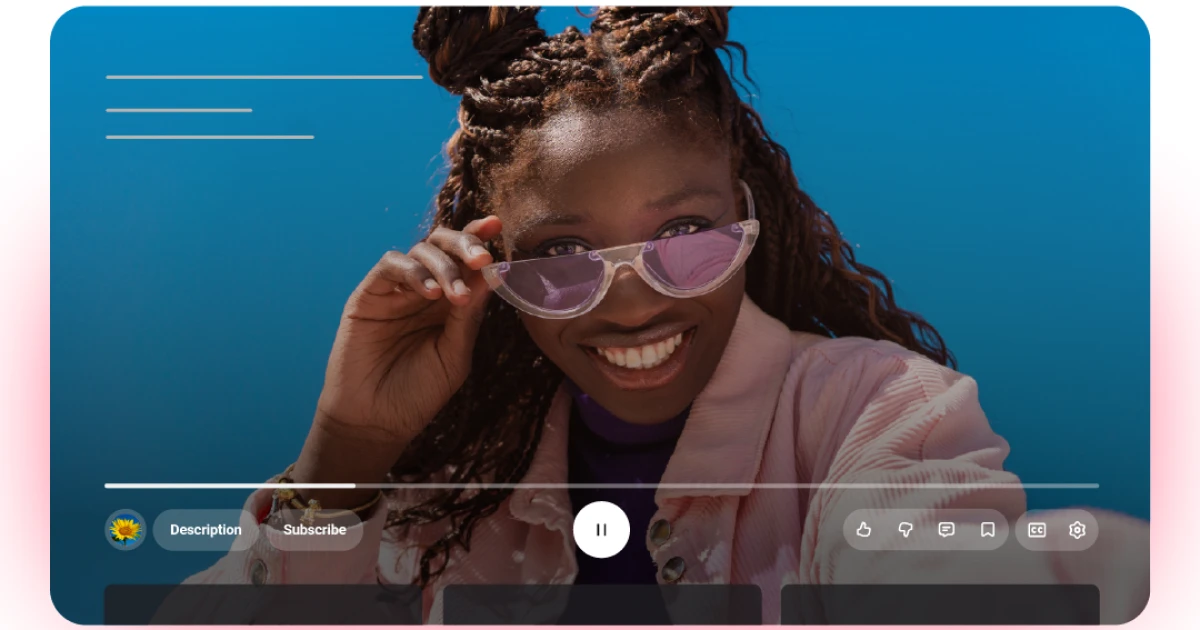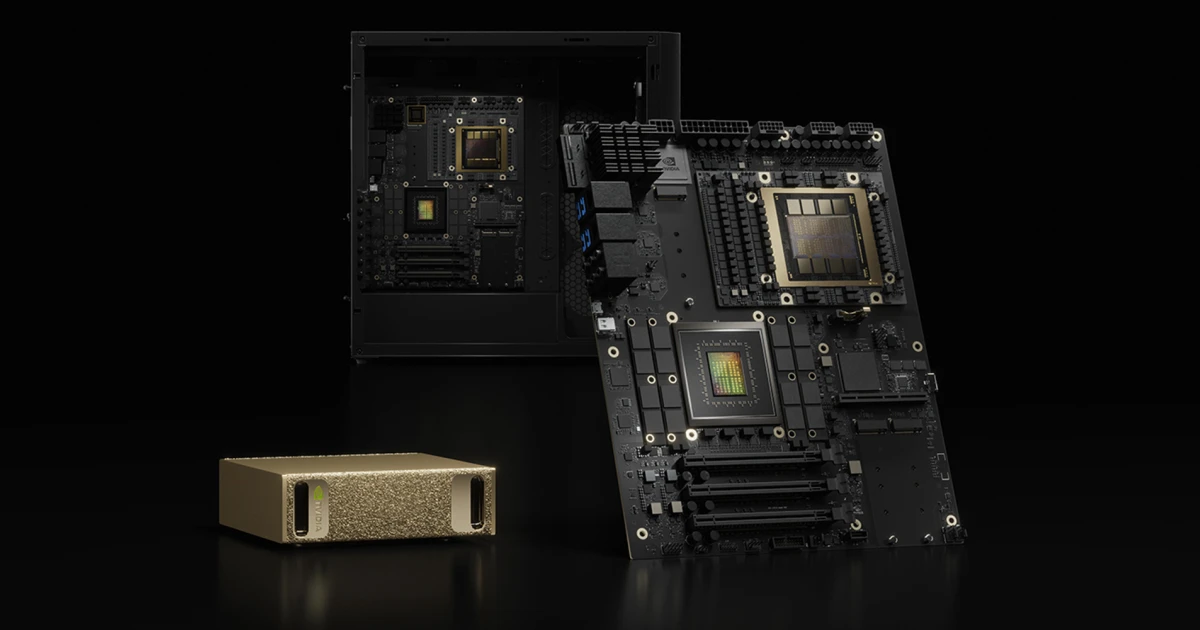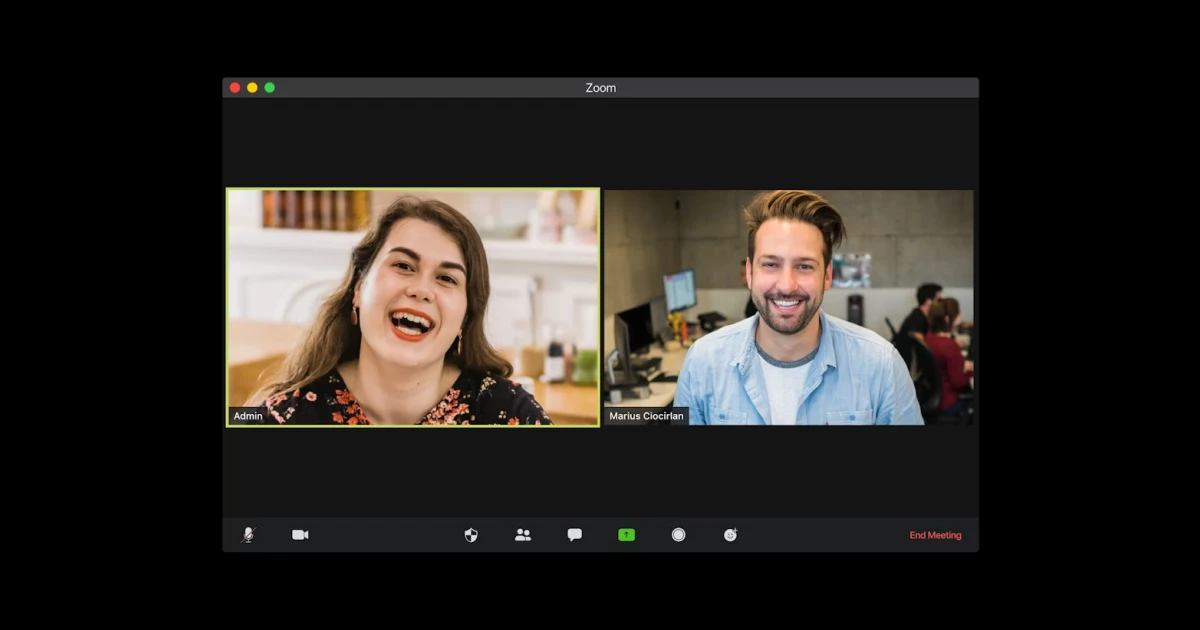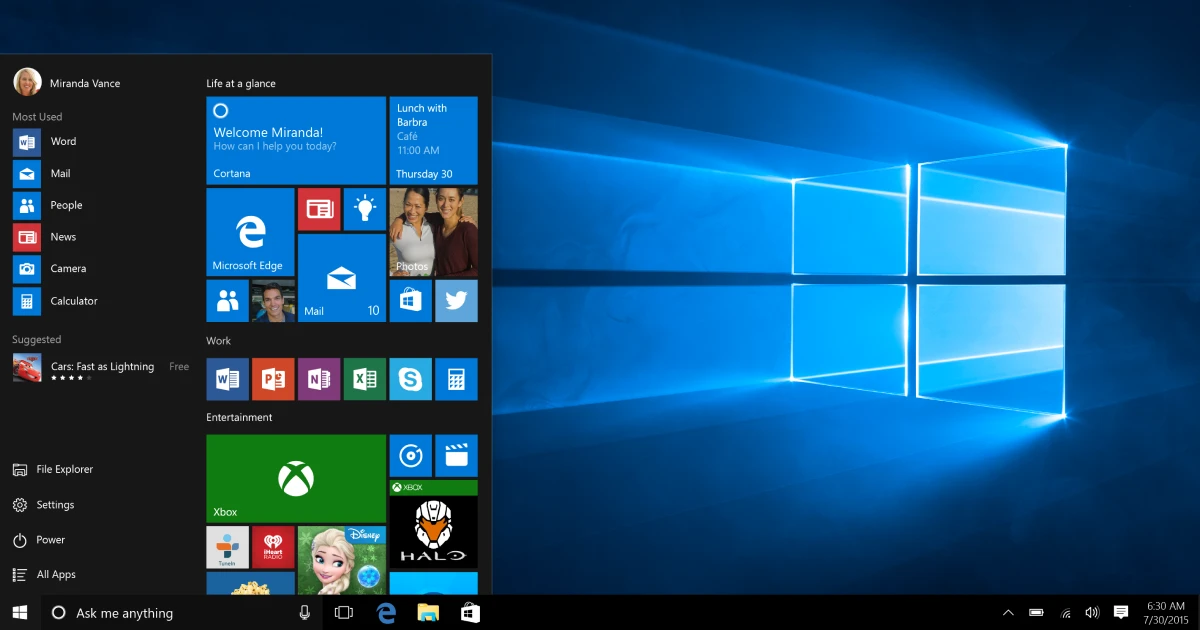to a small group of AI pioneers, that were affiliated with Google.
Google represents indeed the top company in AI research, but recently has been forced to step back due to competitive pressures from OpenAI which is supported by Microsoft, and also due to the rising investigations from the U.S. Department of Justice.
(Image Credits: Social media post by @NobelPrize on X, from left to right: David Baker, Demis Hassabis and John M. Jumper)Google’s Nobel Prize Winners Raise
This Wednesday the co-founder of Google AI unit Depp Mind Denis Hassabis and his colleague John Jumer received a Nobel Prize in chemistry along with David Baker the U.S. biochemist to reward their progress in decoding the structures of microscopic proteins.
(Image Credits: social media post by @NobelPrize on X, from left to right: Jhon J. Hopfield and Geoffrey E. Hinton)
On the other hand, Geoffrey Hinton who is a former researcher from Google, won the Nobel Prize in physics this Tuesday, and also John Hopfield who is a U.S. scientist was rewarded for his earlier discoveries in machine learning that later opened new opportunities for artificial intelligence development.
The professor Dame Wendy Hall who is a computer scientist and advisor in artificial intelligence states for Reuters that the Nobel Prize winner deserves indeed an award and appreciation, but the absence of a Nobel prize in mathematics or computer science might cause the outcome to be twisted.
She stated "The Nobel prize committee doesn't want to miss out on this AI stuff, so it's very creative of them to push Geoffrey through the physics route. I would argue both are dubious, but worthy of a Nobel prize in terms of the science they’ve done. So how else are you going to reward them?"
All of the Nobel prize categories for performances in medicine, psychology, physics Nobel prize, Nobel prize chemistry, literature, and peace were established by Alfred Nobel who is a Swedish investor who died in 1895. Later, in 1968, the Prize for Economics was added by the Swedish Central Bank.
Subscribe to our newsletter
Regarding the dominance of the Google AI Nobel prize, U.S. regulators revolve around a potential break-up for Google, which might force the giant to split up its business and give away the Chrome Browser and the Android operating system to divide the monopoly online.
According to Geoffrey Hinton, he says in a conference that happened this Tuesday after his quitting from Google had some regrets about his life’s work.
"I wish I had a sort of simple recipe that if you do this, everything's going to be okay, but I don't, in particular with respect to the existential threat of these things getting out of control and taking over.”
The professor Dame Wendy Hall who is a computer scientist and advisor in artificial intelligence states for Reuters that the Nobel Prize winner deserves indeed an award and appreciation, but the absence of a Nobel prize in mathematics or computer science might cause the outcome to be twisted.
She stated "The Nobel prize committee doesn't want to miss out on this AI stuff, so it's very creative of them to push Geoffrey through the physics route. I would argue both are dubious, but worthy of a Nobel prize in terms of the science they’ve done. So how else are you going to reward them?"
All of the Nobel prize categories for performances in medicine, psychology, physics Nobel prize, Nobel prize chemistry, literature, and peace were established by Alfred Nobel who is a Swedish investor who died in 1895. Later, in 1968, the Prize for Economics was added by the Swedish Central Bank.
Subscribe to our newsletter
Regarding the dominance of the Google AI Nobel prize, U.S. regulators revolve around a potential break-up for Google, which might force the giant to split up its business and give away the Chrome Browser and the Android operating system to divide the monopoly online.
According to Geoffrey Hinton, he says in a conference that happened this Tuesday after his quitting from Google had some regrets about his life’s work.
"I wish I had a sort of simple recipe that if you do this, everything's going to be okay, but I don't, in particular with respect to the existential threat of these things getting out of control and taking over.”




.webp)











